On Saturday, county health officials confirmed that Disneyland in Anaheim, California, was forced to shut down and decontaminate two cooling towers after they were linked to an outbreak of Legionnaires' Disease that has recently sickened at least 12 people, 9 of whom were either guests or employees of the park.
The cooling towers, which provide cold water for various uses and attractions, let of a sort of vapor or mist that was suspected of carrying the legionella bacteria that causes Legionnaires' Disease, which can wreak havoc by causing respiratory problems including pneumonia, and can potentially be fatal.
The disease, while treatable with antibiotics, is especially troubling for the elderly, smokers, and those with compromised immune systems. The Disneyland victims ranged in age from 52-94.
A separate case turned fatal in an individual with other health problems, according the the Huffington Post.
The people who were infected by the Legionnaires cluster were found to have traveled to, lived in, or worked in Anaheim during the month of September according to Jessica Good of the Orange County Health Agency.
Recently, Legionnaires' Disease, has been on the rise in the United States. In just Orange County alone, 55 cases have been reported through October of this year, up from 53 in 2016, and 33 in 2015.
Pamela Hymel, the chief medical officer for Walt Disney Parks and Resorts, said in a written statement that the cooling towers were shut down and treated with chemicals, and that local health officials are claiming that the towers should no longer pose a risk to employees or park visitors.
Once the news hit social media, however, many people weren't so sure:
Legionnaires' Disease, which is not contagious, sees symptoms starting between two and 10 days after exposure. Those symptoms can include cough, muscle aches, fever, chills, and headaches. As the disease progresses, symptoms such as chest pain, gastrointestinal problems, and confusion may also develop.
According the Mayo Clinic, most outbreaks occur in large buildings, such as grocery stores and office buildings, as opposed to individual homes, and can be spread by hot tubs, whirlpools, decorative fountains, swimming pools, and large water systems in hotels, hospitals, and nursing homes.
If you believe you may have come into contact with legionella bacteria, it is advised that you seek medical help immediately, before complications have a chance to arise.
Be safe out there, everyone.
Please SHARE this with your friends and family.
H/T: Huffington Post, Mayo Clinic








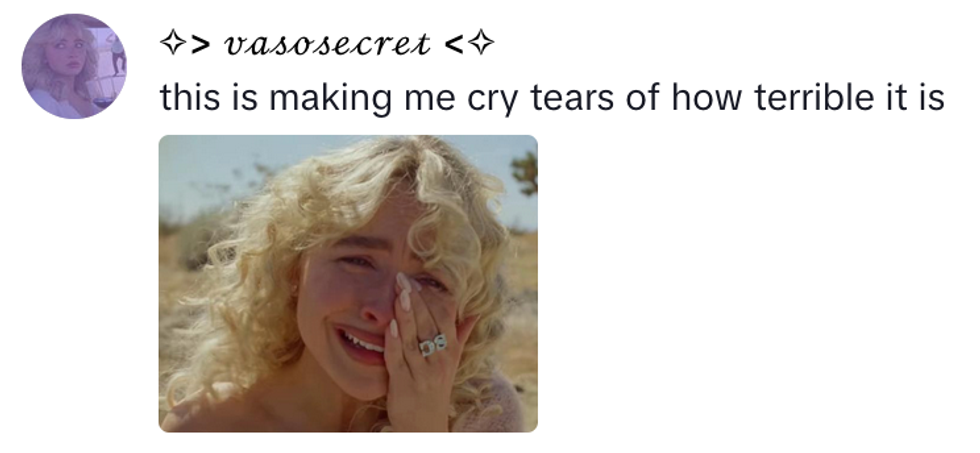 vasosecret/TikTok
vasosecret/TikTok
 dontlookatmedoll156/TikTok
dontlookatmedoll156/TikTok alyssa.b345/TikTok
alyssa.b345/TikTok EllieBelly/TikTok
EllieBelly/TikTok Shelby Daniel/TikTok
Shelby Daniel/TikTok J/TikTok
J/TikTok indigo1009/TikTok
indigo1009/TikTok Kam/TikTok
Kam/TikTok





 @starduster14021/X
@starduster14021/X r/TheMajorityReport/Reddit
r/TheMajorityReport/Reddit r/TheMajorityReport/Reddit
r/TheMajorityReport/Reddit r/TheMajorityReport/Reddit
r/TheMajorityReport/Reddit r/TheMajorityReport/Reddit
r/TheMajorityReport/Reddit r/TheMajorityReport/Reddit
r/TheMajorityReport/Reddit r/TheMajorityReport/Reddit
r/TheMajorityReport/Reddit @sciencexspirit/Bluesky
@sciencexspirit/Bluesky

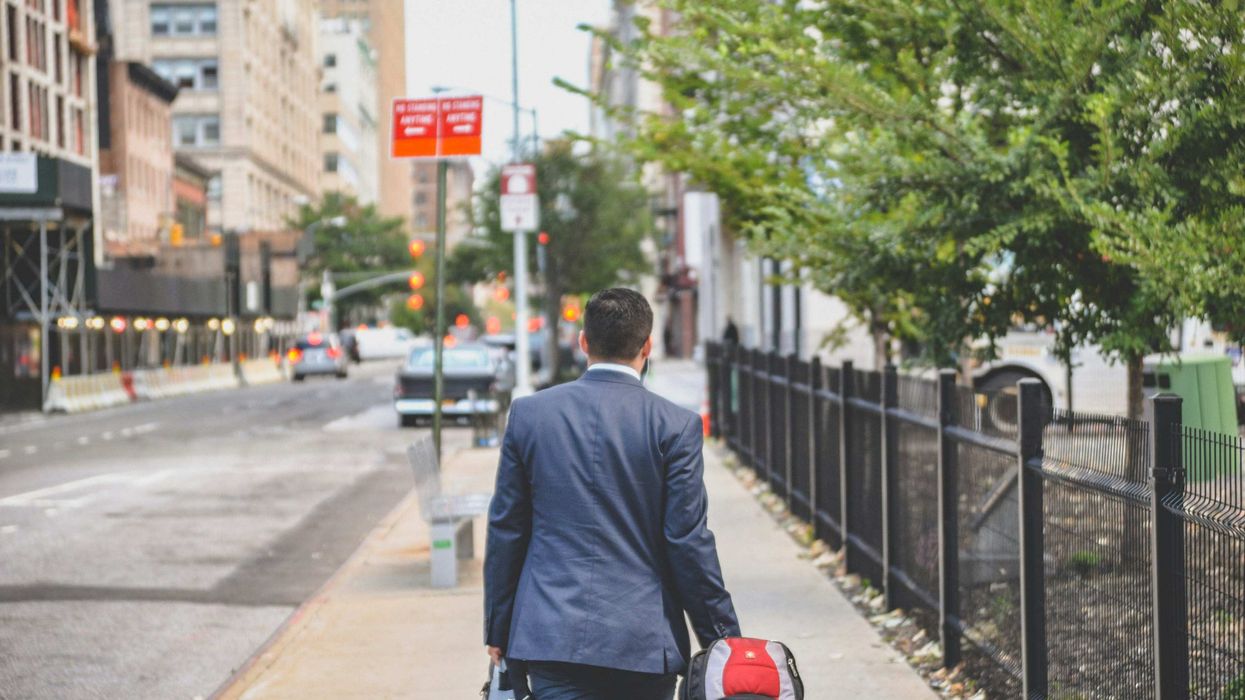
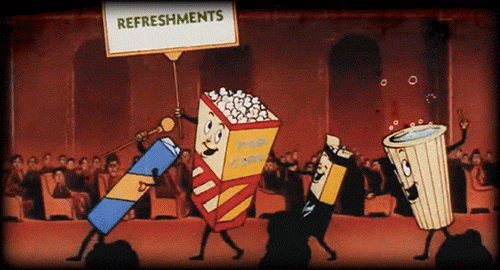 90s popcorn GIF
90s popcorn GIF  signing season 3 GIF
signing season 3 GIF 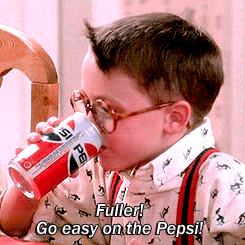 home alone pepsi GIF
home alone pepsi GIF 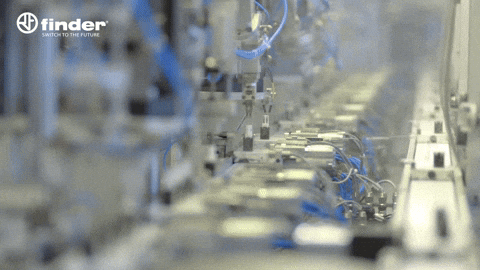 Machine Production GIF by Finder Relais Nederland
Machine Production GIF by Finder Relais Nederland  No No No GIF
No No No GIF